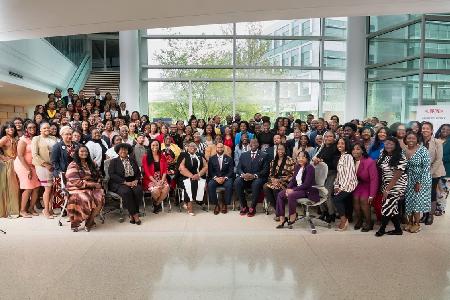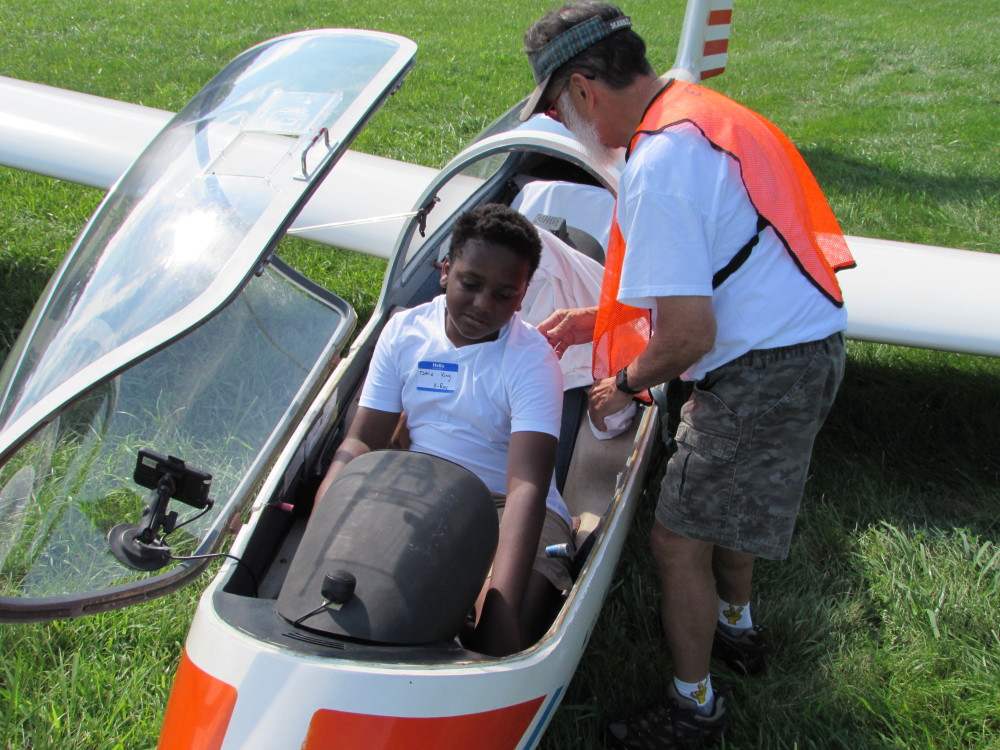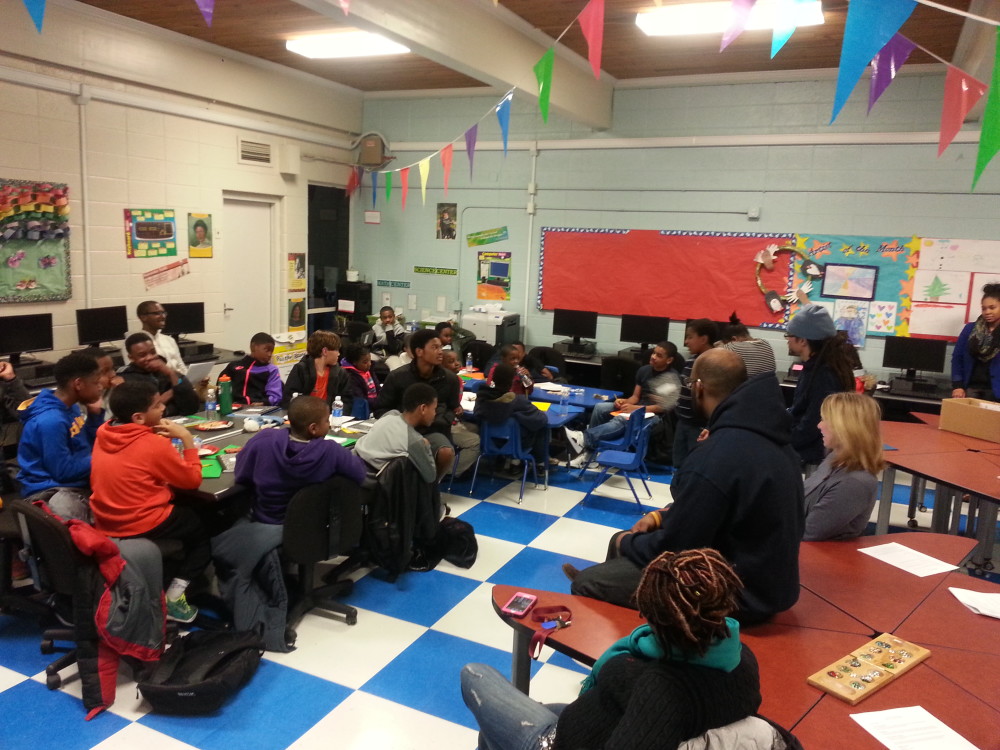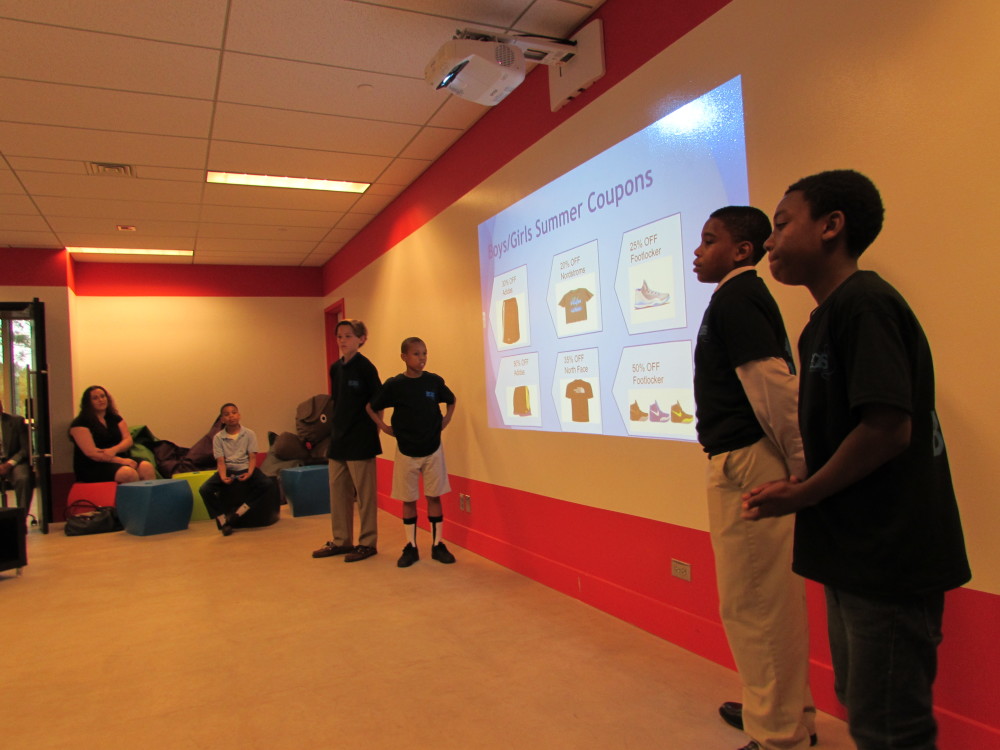Wilmington is divided. In a city where both corporations and startups are not only taking advantage of new technologies but often creating them, there are citizens who do not have access to those technologies at all.
The most vital citizens in Wilmington without access to new technologies are the city’s young people.
“Right now, Wilmington is the corporation capital of the world with banks and technology companies,” said Logan Herring, STEAM Program Coordinator at Boys & Girls Clubs of Delaware. Herring said the ability to excel in STEM fields starts by exposing kids to new technologies at a young age.
But there’s a problem. Technology is expensive.
“If you’re in a mall walking around, you can see kids who are advantaged or have access to technology, like a two-year-old playing on an iPhone or iPad,” said Herring. “Just that introduction gives them an opportunity to do something with that later in life. Too often, the kids we see here aren’t introduced to that technology — they might know what it is, but they don’t know how to use it.”
Herring said gaining the knowledge to use devices is not curriculum-based. It’s something kids can pick up and become literate with just by tinkering.
“Most kids are visual learners,” he said. “Once they get their hands on it and feel it and experiment with it, that’s when they learn it the most.”
If you can prove you have the talent, you’re much more valuable than someone with a document.
That’s why Boys & Girls Clubs of Delaware launched its STEAM initiative last year in Wilmington. With Herring at the reins and a horde of volunteers, professionals, mentors and funders at their backs, over 1,000 low-income children in Delaware are gaining access to new technologies through STEAM (science, technology, engineering, the arts and math) education.
The initiative is composed of 15 programs designed to give the students access to technologies, teach them new skills, foster creativity and expose them to fields of interest they might not have otherwise been exposed to.
It all starts with a program developed by Herring called Beating Odds Studying STEM — or, BOSS.
“Kids in certain income levels don’t have access to certain technologies and don’t know about those technologies,” said BOSS Coordinator Myron Marshall. “What we do is introduce that to them, give them the knowledge and then say, ‘Hey, you can use that knowledge to create a business.'”
Marshall said simply having computers is almost meaningless. Rather, the BOSS program is structured to acclimate kids to different technologies, including robotics, programming, animation and 3D printing.
For two days a week over an eight-week period, students are focused on developing technology literacy. Then it’s time for part two of the BOSS program: getting down to business. Literally.
Students then learn how to apply their new skills in an entrepreneurial setting for another eight weeks.
“We work with them on developing a business plan,” said Marshall. “Think about an everyday problem. How can technology solve that problem? They come up with a business plan around that idea and they work together in groups.”
Then, the teams compete in a Shark Tank-style pitch competition. Last year’s competition was held at 1313 Innovation.
“They really enjoyed being out there and talking about their product,” said Marshall. “But they can’t necessarily do this in a school setting.”
In addition to BOSS, kids participate in programs like My.Future, which emphasizes competencies of practical Microsoft Suite programs through activities, and the Delmarva Power STEM Club.
“Delmarva has committed a lot of funding towards this program,” said Herring. “We’ve reached over 20 of our sites in our first year — over 400 kids. If we get more funding, we’ll try to reach every site we have in the state. We had 87 percent satisfaction rate from our kids, which is tremendous.”
Herring said it’s on educators to provide low-income kids with opportunities to get into STEAM fields. They can learn the skills now without ever having to go to get a degree — if they don’t want one, he said.
“People in the private sector aren’t necessarily looking for the kid that comes out of college with a degree. They’re looking for people with the talent,” Herring said. “If you can prove you have the talent, you’re much more valuable than someone with a document.”
Join the conversation!
Find news, events, jobs and people who share your interests on Technical.ly's open community Slack

Delaware daily roundup: 20+ things to do in May; Technical.ly's Dev Conference; Dupont earnings

Delaware daily roundup: DE innovation leaders; High schoolers win STEM competition; New Ladybug Fest location

Delaware daily roundup: Greentech digital glowups; AI versus dev jobs; New Biggs Museum website




